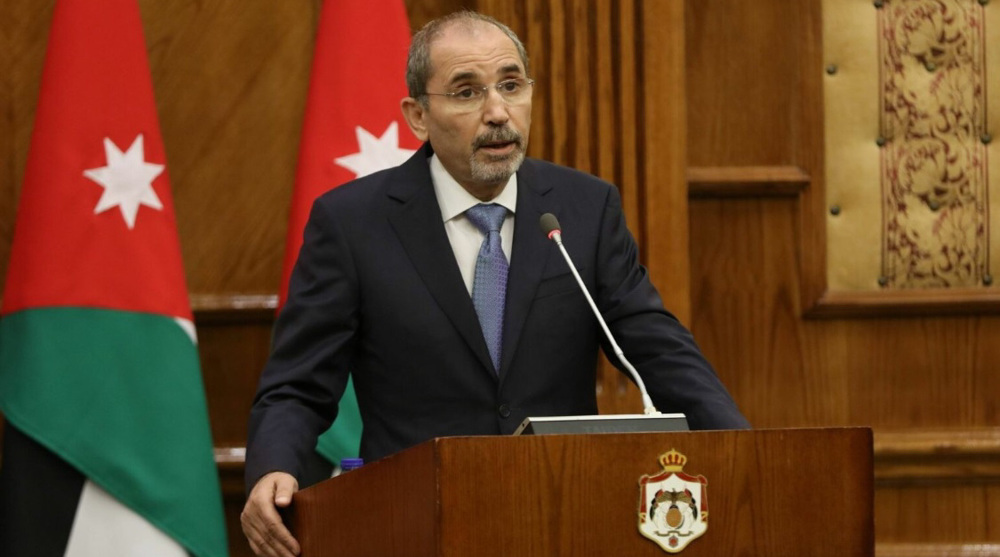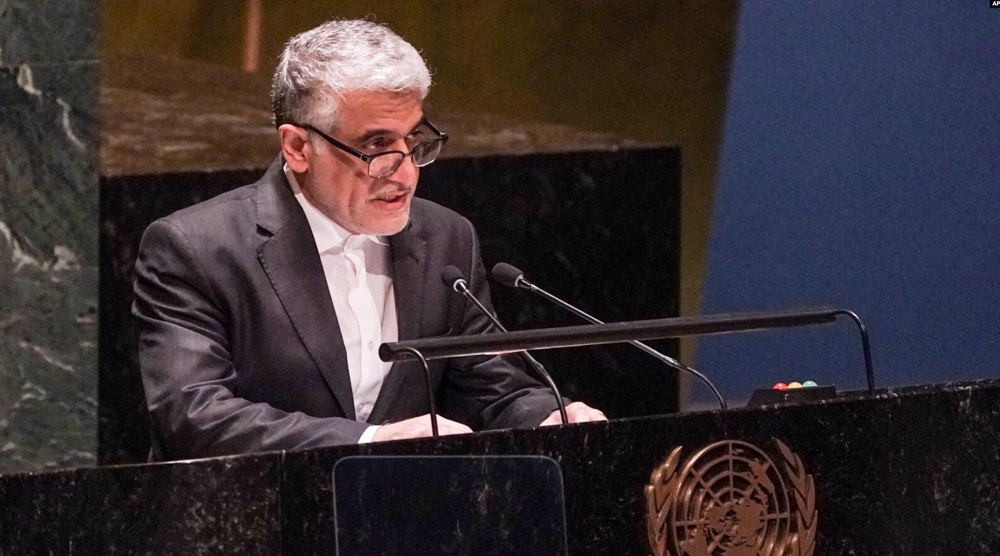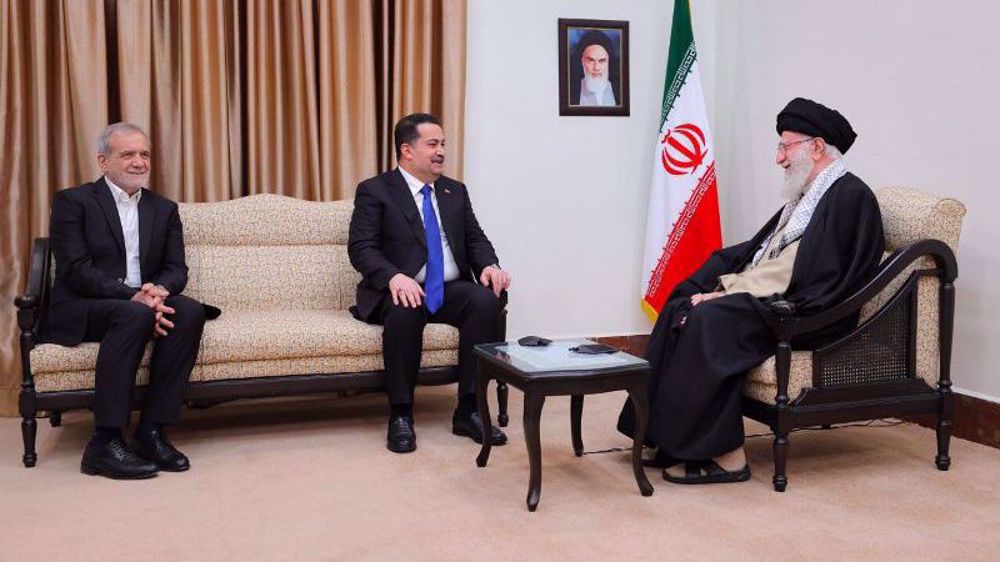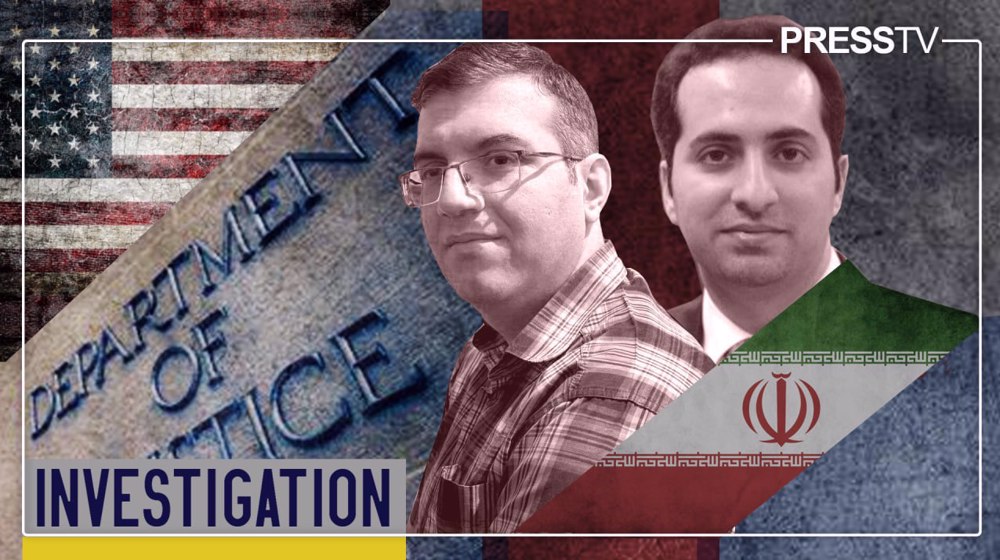Jordan, other Arab countries want healthy relations with Iran based on mutual respect, FM says
Jordan says all Arab countries are seeking to improve diplomatic relations with Iran on the basis of mutual respect as well as the principle of good neighborliness.
“Jordan and other Arab countries affirm that they want healthy relations with Iran, which are anchored in mutual respect, non-interference in each other’s domestic affairs and the principle of good neighborliness,” Jordanian Minister of Foreign Affairs and Expatriates Ayman Safadi said.
“Dialogue is the best policy to address the existing tensions,” he told the Saudi-owned Arabic-language Asharq News television station, adding, “the region has enough crises and we do not need more tensions."
"There must be real solutions to the causes of tensions in order to develop healthy relations that we all want with Iran.”
Safadi also dismissed the existence of any talks on the formation of an anti-Iran Middle Eastern military alliance similar to NATO, which would include Israel.
- Like previous US-sponsored coalitions, ‘Arab NATO’ will fail in face of resistance front: IRGC cmdr.
“However, all of us in the region feel that we need to strengthen Arab cooperation mechanisms, and institutions that are capable of serving our interests and attaining the best for our nations and countries,” he added.
The top diplomat went on to say that his country would welcome any proposal that can serve common Arab interests.
“Jordan once again reiterates that it supports any initiative meant to promote Arab cooperation. It is ready to contribute to the resolution of regional crises, and creation of a region free of tensions… Certainly, any proposal and effort that would contribute to a stronger joint Arab action and would serve common Arab interests is something we support and have always called for.”
Last week, Jordanian Prime Minister Bisher al-Khasawneh said his country has never regarded Iran as a threat to its national security and that it welcomes bilateral relations with Tehran.
Amman is open to “healthy relations” with the Islamic Republic, Khasawneh said in an interview with BBC Arabic television news network.
“We have never looked at Iran as a source of threats to our national security,” he said during the interview, which was broadcast on July 10.
Earlier this month, sources familiar with the matter revealed that the US and Israel were seeking to lay the groundwork for the so-called security alliance with some regional Arab states to fight off what they call the threat from Iran.
Discussions on the plan are still at an early stage and have already met resistance from several Arab countries that refuse to do business with Israel, Reuters news agency quoted four sources as saying.
Iranian Foreign Ministry spokesman Nasser Kan’ani said on July 9 that an increased presence of the United States in the Middle East will only foment insecurity in the region and help further spread terrorist activities.
“Any measure to pave the way for the increased presence and role of the United States in regional security mechanism will have no other outcome but insecurity, instability, and spread of terrorism across the region,” the Iranian spokesman said.
IRGC forces launch final stage of major drill in western Iran
Joseph Aoun voted Lebanon’s president, ending 2-year deadlock
Iran protests to France over French city’s insulting poster
MP Corbyn challenges UK govt. over complicity in Israel's Gaza genocide
Iran performs first fetal brain surgery in West Asia
Lebanon’s MPs trying to pick new president after 12 failed attempts
UNICEF: Israel killed at least 74 children in Gaza in first week of 2025
VIDEO | Nippon Steel takeover bid










 This makes it easy to access the Press TV website
This makes it easy to access the Press TV website